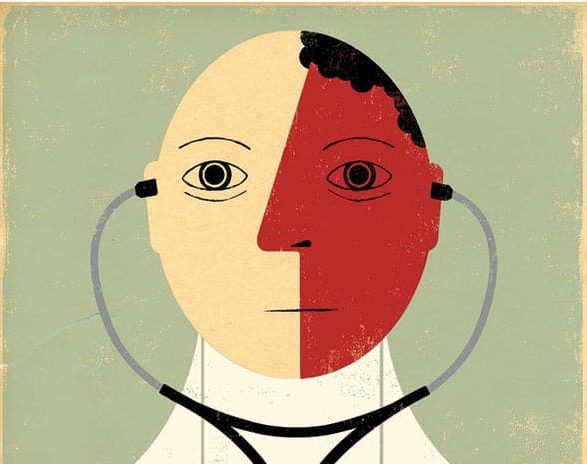Obesity
- According to the World Health Organisation(https://www.who.int/topics/obesity/en/ “Fact sheet on obesity and overweight”), over 2 billion or , on average , 40% of adults worldwide are overweight (with a BMI ≥ 25 kg//m2).2).
- In children and adolescents the numbers are also impressive, with approximately 400 million weighing over the upper limit of normal.
- Obesity now kills more people than malnutrition, and it is not uncommon for both these opposing conditions (obesity/malnutrition) to coexist in the same community, or even in the same home.
Greece
- In Greece, as in other European countries, more than 50% of adults are overweight, while approximately one in four adults are obese (with a BMI ≥ 30 kg//m2).2)≥ 30 kg/m2). Approximately one in three adolescents is overweight, while in children the rates tend to be even higher, and there is a worrying continuous upward trend.
- In Greece, it is expected that by 2030 half of the adult population will be obese. The country already holds number one position for childhood obesity.
- Greece is in the top ten countries in Europe in terms of the over consumption of saturated fat, while half of the adult population engages in inadequate levels of physical activity.
Impacts on health
- Childhood obesity is associated with obesity in adult life and with early death. Children with obesity experience respiratory problems, hypertension, diabetes, and psychological and social problems.
- A high BMI and the accumulation of fat (particularly visceral fat within the abdominal cavity) increases the risk of heart and blood vessel diseases such as heart attacks or strokes, diabetes, joint problems, and an increased rate of malignancies.
- Many other problems are also associated with obesity, such as blood clot (thrombus) formation within the blood vessels, intense snoring and sleep apnoea syndrome, hormonal and fertility disorders, and everyday difficulties and limitations on what you can do at home, at work, or for fun.
The good news is that the complications of obesity can be significantly reduced, even with initially small reduction in body weight.
The benefits include an improvement in metabolic and hormonal disorders (fatty liver disease, increased blood sugar, polycystic ovary syndrome, infertility), an improvement in sleep and musculoskeletal problems, a reduction in the risk of cardiovascular diseases, and a reduction in medicines for blood pressure, blood sugar, or cholesterol.
In cooperation with the attendant physician, by selecting the correct weight loss method, targets can be achieved safely and the results can be long-lasting. It is impressive that people, who have managed to safely reduce their weight, experience a sense of well-being, tell their story, and encourage others to follow their example.





